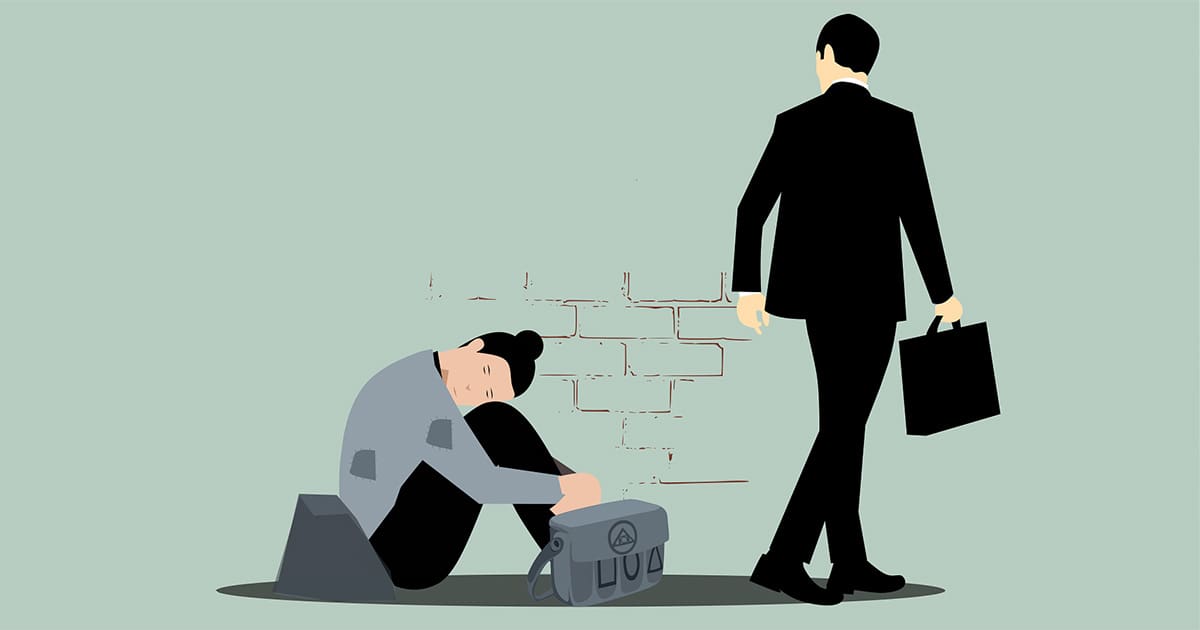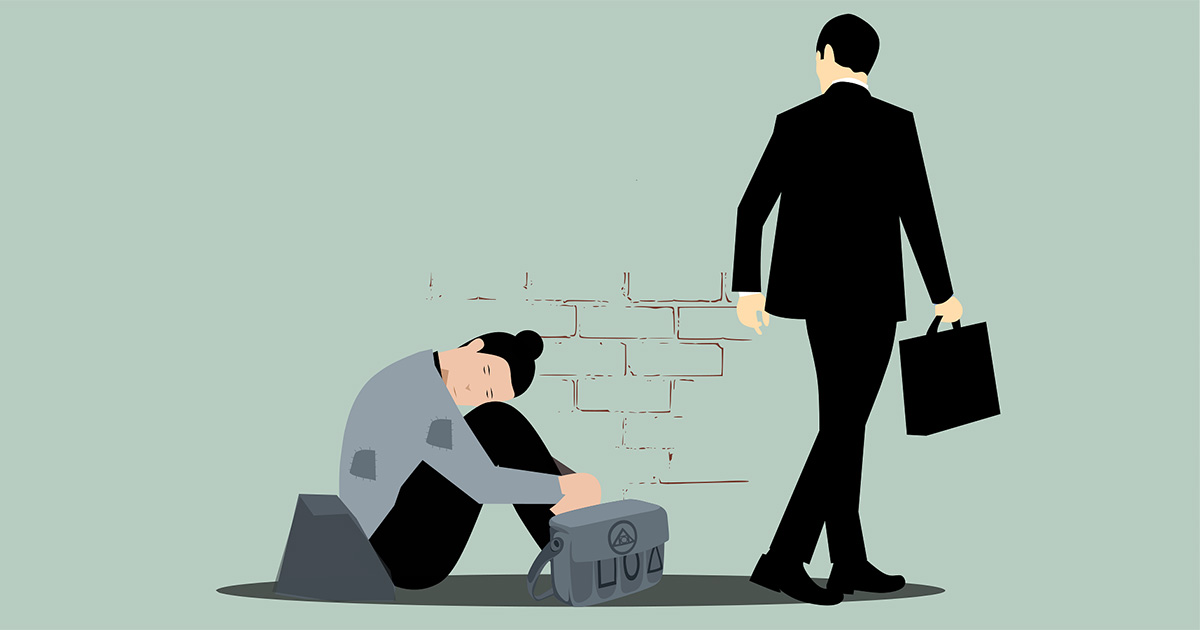Oxfam Intermon’s September 2024 Report: A Call for Global Justice and Action
Oxfam Intermon, a prominent humanitarian organization known for its work addressing global inequality and poverty, released its 2024 report on September 23rd, painting a grim picture of the world’s economic inequality. The report, titled “Multilateralism in an Era of Global Oligarchy,” reveals the increasing dominance of the ultra-wealthy and mega-corporations, a trend that continues to undermine efforts toward global justice and cooperation.
Oxfam Intermon, part of the international Oxfam network, operates in over 90 countries to fight against poverty, inequality, and injustice. Their focus spans across issues such as humanitarian aid, climate action, women’s rights, and economic justice. With decades of expertise, they challenge power structures that perpetuate poverty, advocating for equitable distribution of wealth and resources. Oxfam’s reports often serve as pivotal tools in raising awareness about global inequality and sparking change through policy recommendations and advocacy.
The Alarming Statistics: Wealth Concentration and Inequality
The 2024 report highlights a stark concentration of wealth: the top 1% of the world’s population now owns more wealth than the bottom 95%. This imbalance, largely driven by corporate monopolization and economic policies favoring the rich, has a significant impact on global governance and multilateralism. For example, more than a third of the world’s top 50 corporations—worth a staggering $13.3 trillion—are controlled by billionaires. Furthermore, the Global South, home to 79% of the world’s population, holds only 31% of global wealth.
These numbers reflect not only the growth of wealth inequality but also the ways in which this inequality undermines global efforts to address critical issues such as climate change, tax fairness, and pandemic response. Large corporations and ultra-wealthy individuals exert disproportionate influence over policy decisions, often stalling reforms that would benefit the broader population.
Reflections on the Role of NGOs
NGOs like Oxfam play a crucial role in advocating for structural changes that can reduce inequality. Oxfam’s call for a new global tax framework, the cancellation of sovereign debt, and the revision of intellectual property rules is a bold step toward addressing systemic imbalances. The focus on empowering Global South countries, many of which suffer the most from these inequalities, is particularly important.
For organizations like the Vincentian Family, which also works to alleviate poverty and promote social justice, this report serves as a clarion call for deeper advocacy and more grassroots action. The Vincentian mission of service to the poor aligns closely with Oxfam’s objectives. By incorporating the report’s findings into their daily work, Vincentian congregations and lay associations can:
- Advocate for Fair Economic Policies: Supporting initiatives that call for tax fairness and the redistribution of wealth would be a powerful way to address economic injustices. The Vincentian Family can work on local and global levels to influence policies that reduce inequality.
- Focus on the Global South: Many Vincentian missions operate in regions severely affected by wealth disparities, such as Africa and Latin America. Providing education, healthcare, and economic opportunities in these regions can directly combat the inequities highlighted in the report.
- Promote Solidarity and Multilateral Action: Vincentians can amplify their advocacy by joining broader coalitions of NGOs pushing for international cooperation on tax reform, climate justice, and debt cancellation. A unified voice from faith-based organizations can strengthen the global movement for social equity.
The Oxfam Intermon report underscores the urgent need for systemic change to combat global inequality. It serves as a roadmap for both policymakers and civil society, offering tangible steps to address the concentration of wealth and power. For the Vincentian Family, this is an opportunity to deepen their commitment to the poor and work for a more just and equitable world, both through direct action and advocacy on the global stage. As the report makes clear, change is possible, but it requires collective effort and bold action from all sectors of society.
Download the Oxfam report here.
Tags:








0 Comments